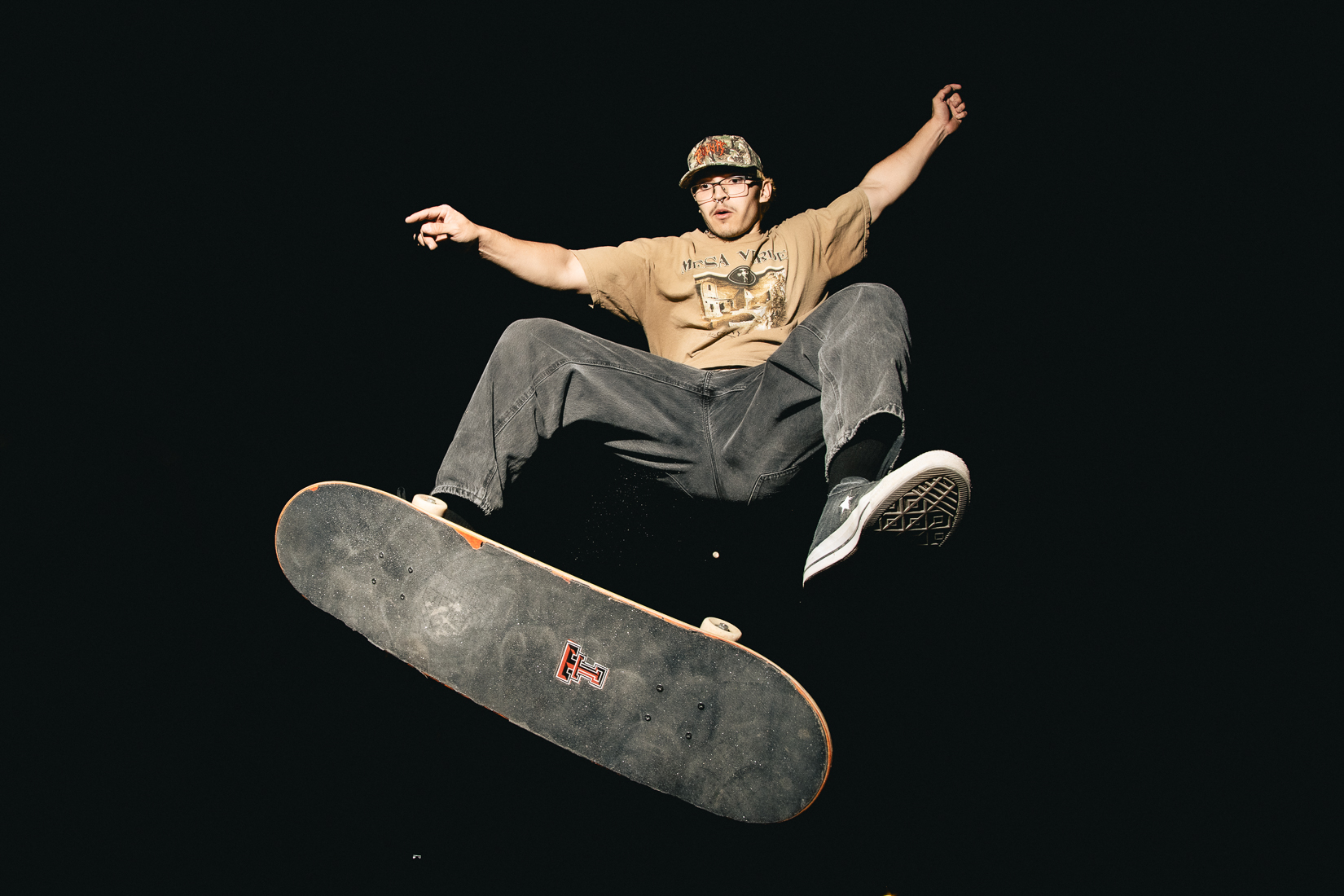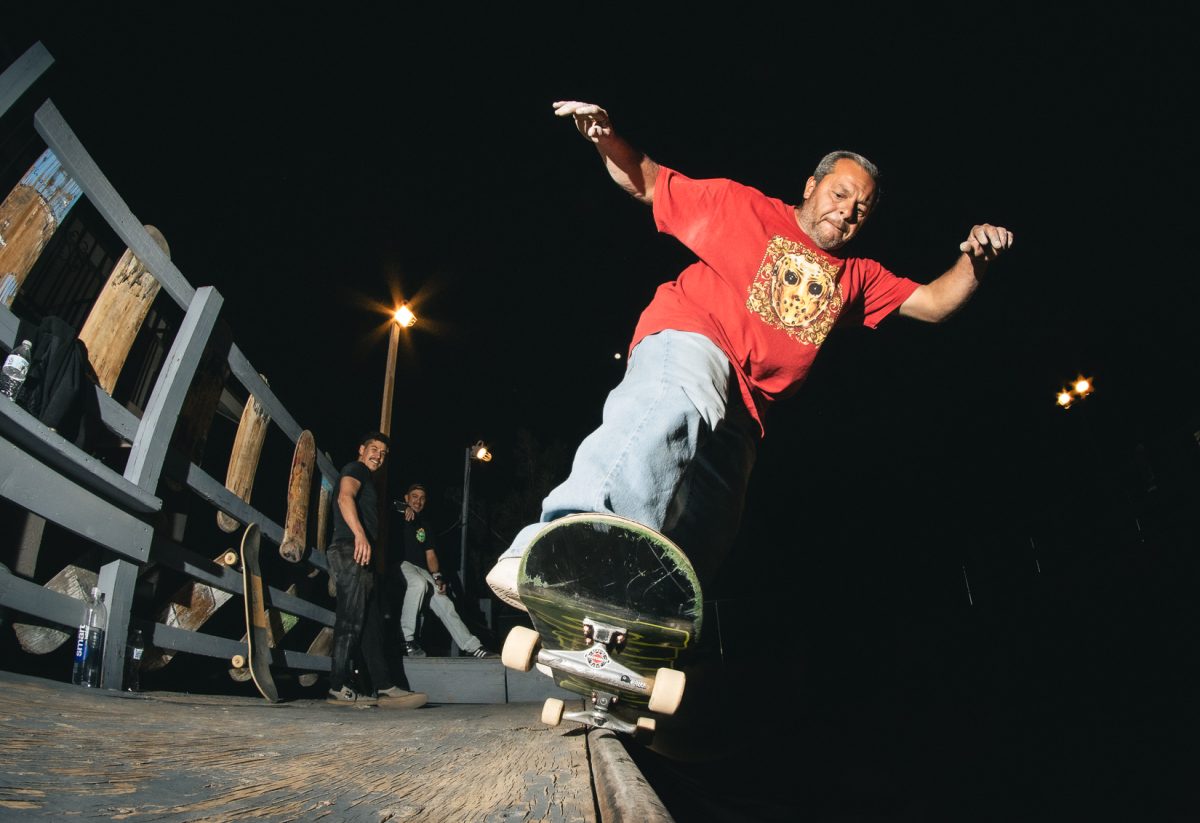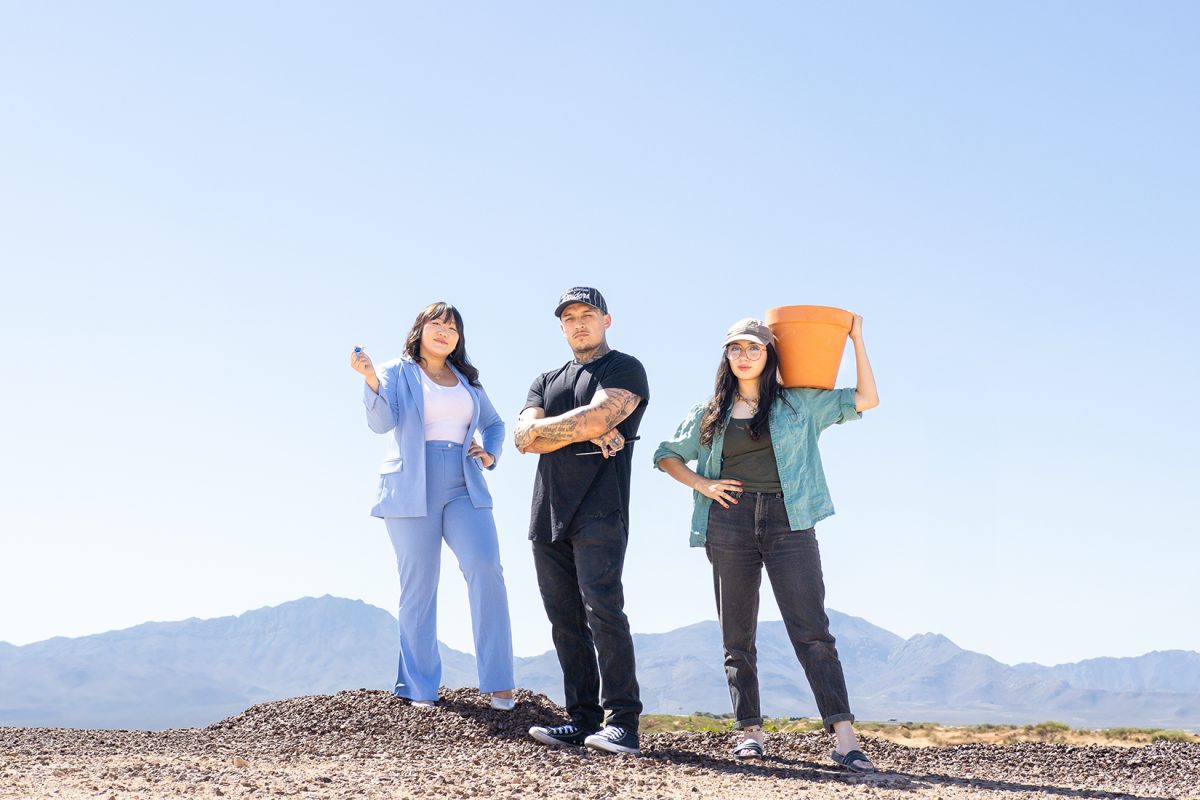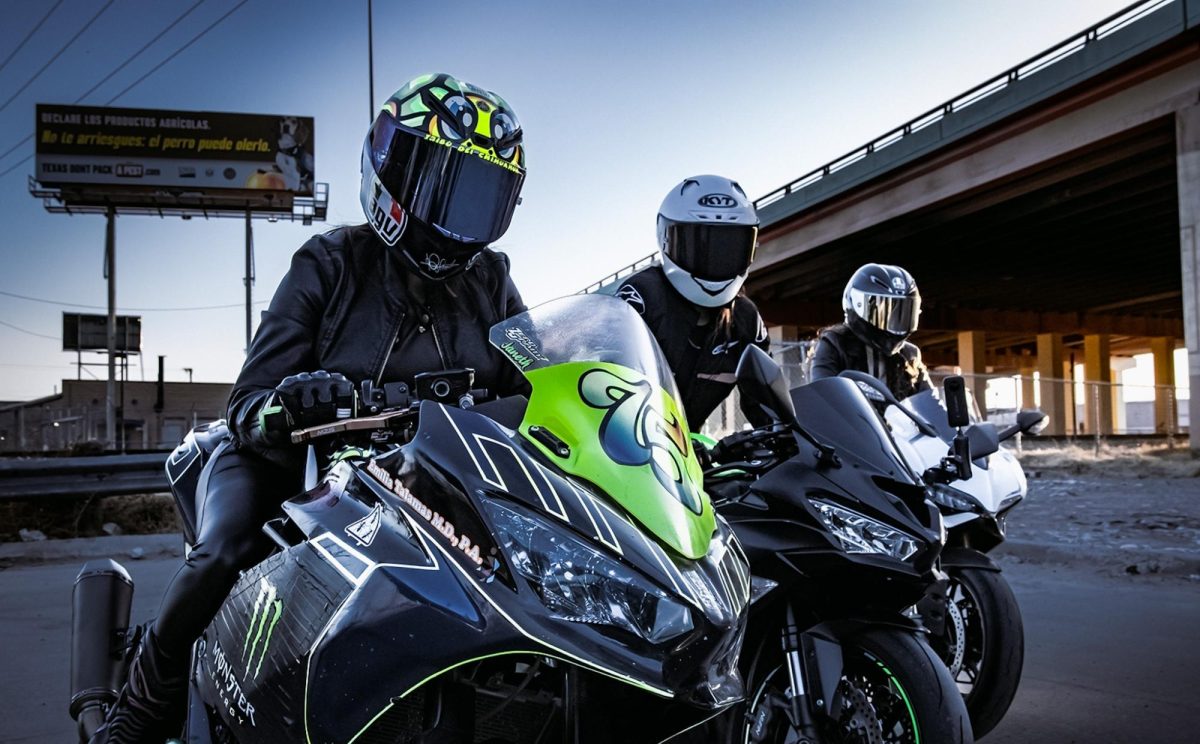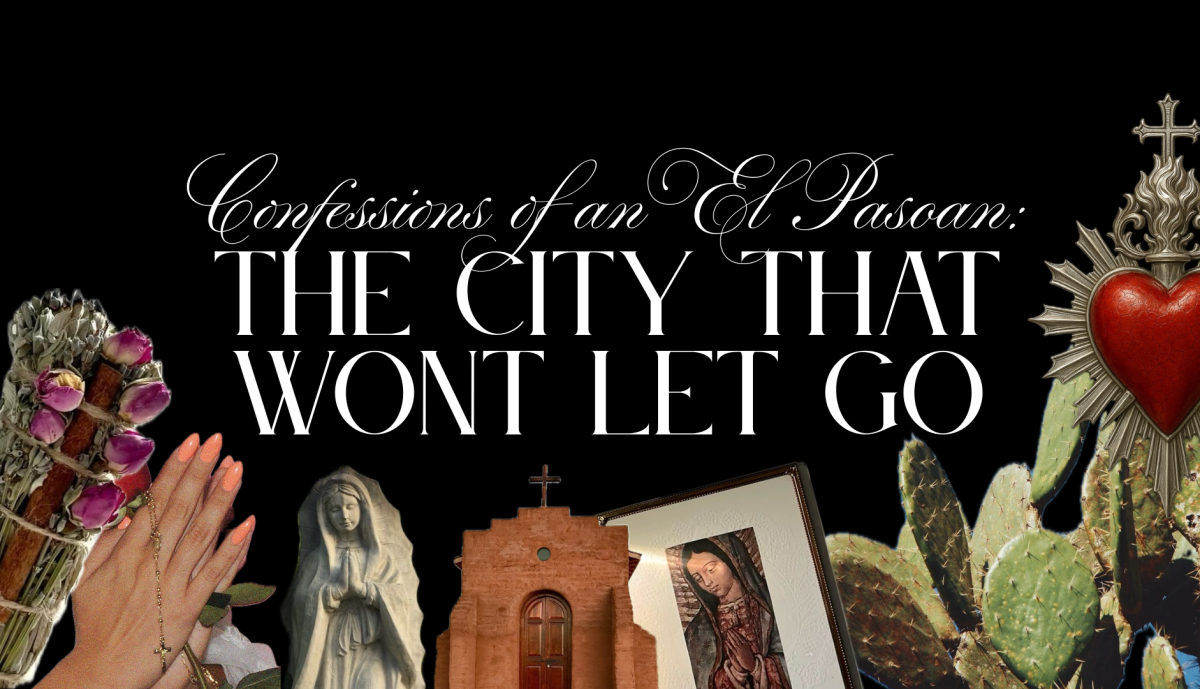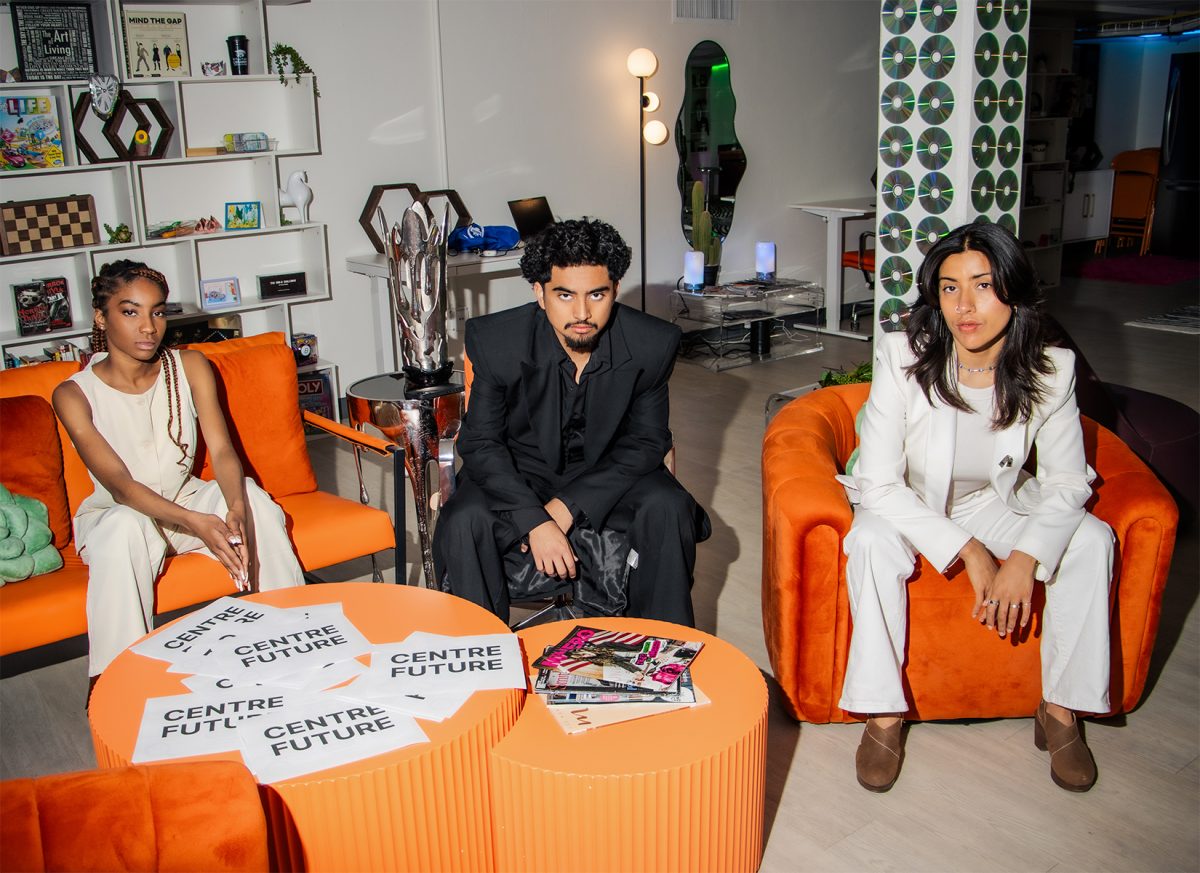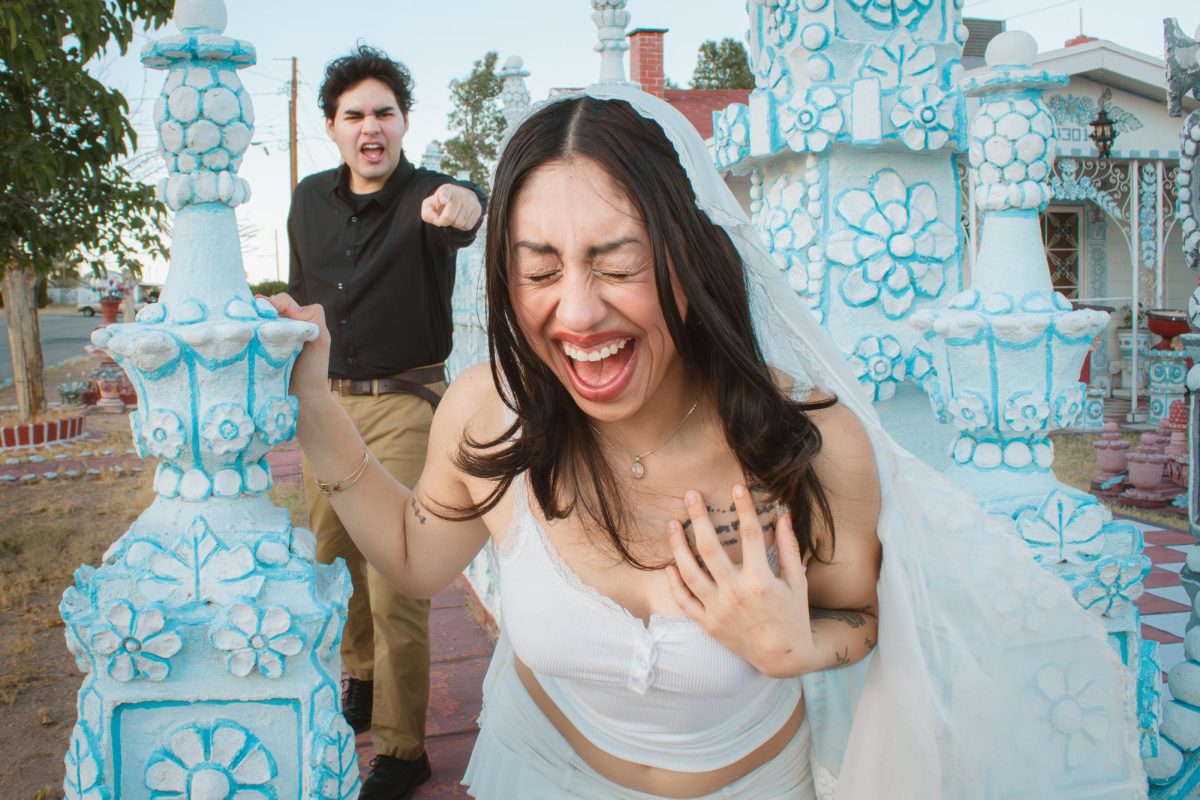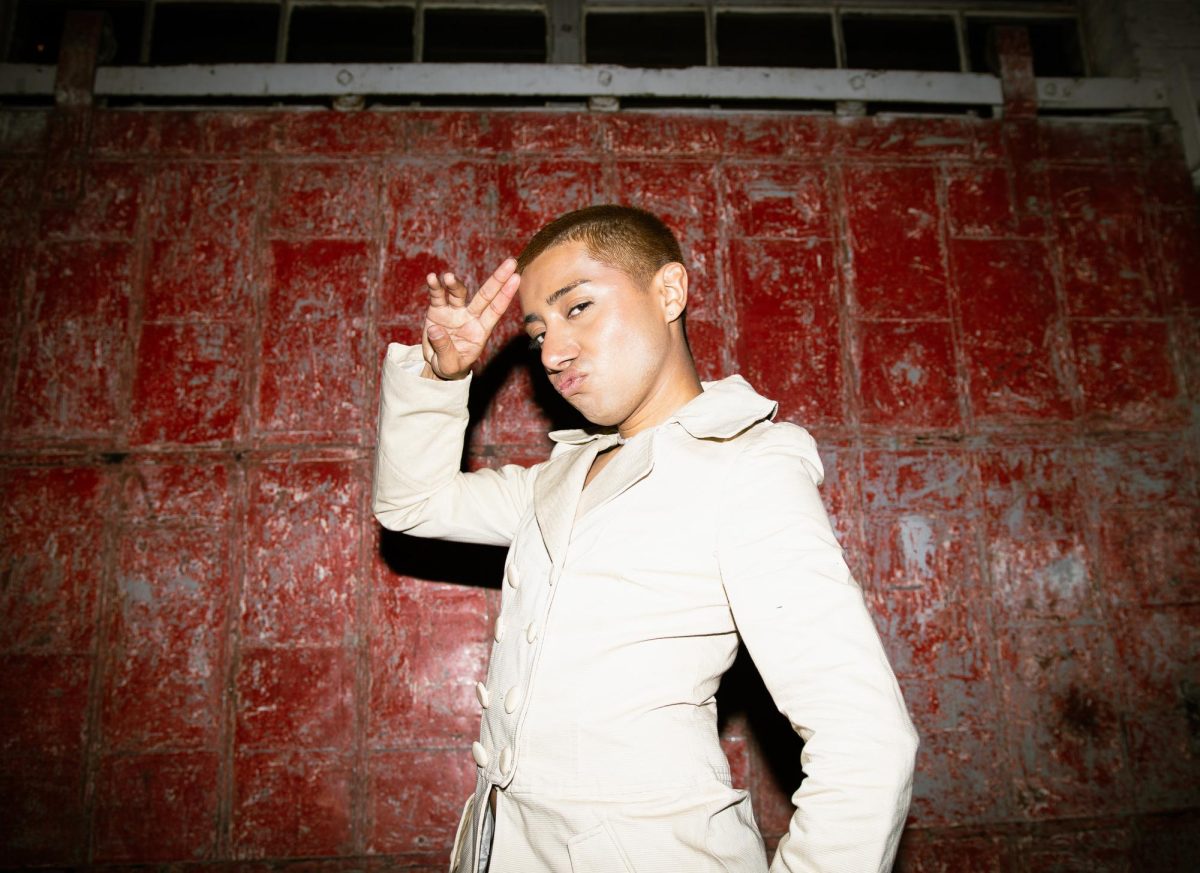With a swift push, the sound of skateboard wheels gliding through the concrete echoes throughout El Paso. From riders who have been skating for over 50 years, to those who have just begun, El Paso’s skating scene welcomes all.
Though the presence of skaters may not be recognized, skaters have implanted themselves into the city. Local skate shops give riders the parts they need, while allowing them to insert their sense of style. For years, riders have helped with the development of the local parks around the city, creating a path for hints of skating culture to develop a skating community for generations to enjoy.
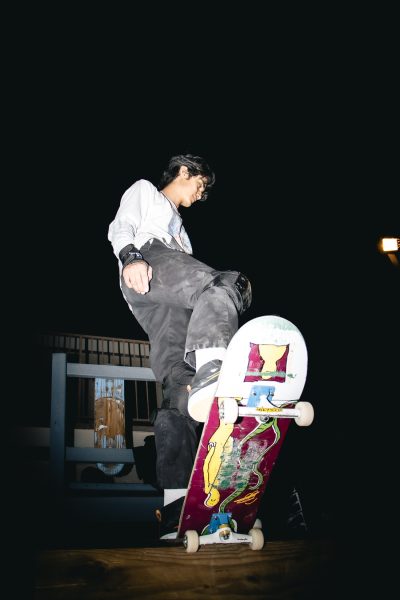
Jesse Perez, owner of local business Crooks Skate Shop, has been skating for 50 years. Growing up within the heavily prominent skateboarding culture in California started his passion for the hobby.
His skating shop gives the proper resources for those looking to start or continue cultivating their skating journey. From shoes to an assortment of trucks and wheels, Perez’s inventory provides El Pasoans with material to help with their skating needs.
With the substantial growth from the 70s to now, skating impressions have evolved from being associated with negative stereotypes to being a widespread hobby today. Perez said 90s to early 2000s media such as “Jackass,” “Life of Ryan (Sheckler),” and rise of skateboarding idol Tony Hawk, dissipated the bad stereotypes.
“All those (shows/people) made skateboarding cool, because when I was growing up in the 80s, it wasn’t cool,” Perez said. “We were considered troublemakers, and we would invade people’s spaces because we would jump on bus stops, benches and curves.”
Perez said in comparison to California, El Paso wasn’t street friendly for skaters back in the day; however, a common solution for the lack of skate parks in the city was skating in inground pools.
Jaime Favela, considered one of El Paso’s skateboarding legends, said he would scout out pools with his friends to ride in during the 80s.
“We didn’t have any skate parks, and we were just skating pools, and then they (residents) were onto us and just buried our pools,” Favela said. “We (would) call it ‘Hell Week,’ which is the weekend before Memorial Day. That’s generally when apartment, (neighborhood and public) pools clean for the summer, so that’s when you usually go hit (the pools), because that’s when they clean them for you.”
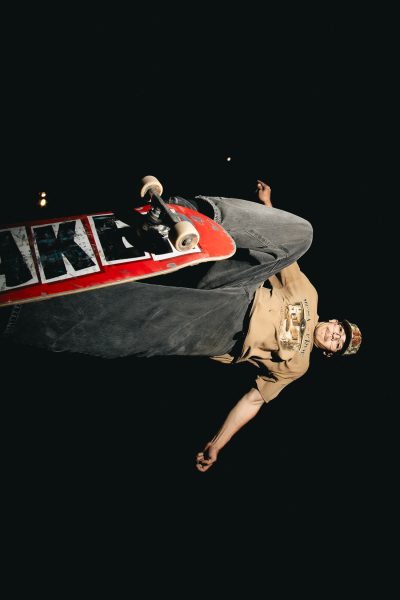
In the early 2000s, Favela decided to build a skateboarding pool of his own. Named, “The Huevo,” the egg-shaped skating pool sits in his backyard. Being the first pool dedicated to skateboarding in Texas, the attraction has caught the attention of thousands of skateboarders world-wide, according to Favela.
“The Huevo” contributed to a more welcoming skater scene in El Paso. Favela and local skateboarder Paul Zimmerman formed the El Paso Skate Association in 2007 to help the city with their decisions on skate parks.
The first taste of skate parks El Paso had been in 1977 with “Earth Surf” and “Desert Surfing,” although, these pay-to-play parks closed after several years. Scattered ramps and parks were provided by the city after this.
Though what riders started to take note of is that some parks built by the city were insufficient for skateboarding. El Paso officials then looked toward local skaters’ input for parks – the result led to Carolina Skatepark, the first concrete-based skate park in the city.
Both Favela and Zimmerman collaborated with the city through the El Paso Skate Association to help build skater-friendly parks. Now, the city operates 11 parks, four with custom concrete builds, and seven with modular ramp layouts – along with many other parks filling gaps within county limits.
These skaters have decades of experience under their belt and age is not a factor that will stop them from continuing to hop on the board.
“If you keep it fun, you’ll keep on coming back. I turned 60 this year, and I skated for 107 days last year, and I’m on pace for more this year, I want to beat that,” Zimmerman said. “You got to get your body going, if you get there lazy of mind or if you’re not in the right mindset, you can get hurt.”
Along the years, have come lessons that taught these skaters about themselves, and influenced how they live today.
“Skating has taught me three things, self-propulsion – I don’t have a motor, I move myself. I need to find the right depth, so I can pump myself,” Favela said. “There’s a whole bunch of guys that skate differently, I skate my own way – self-expression. The most important thing (I learned) is that you are going to find things, meet people, you are going to let them into your house, and they will let you in theirs – adventure.”
From being shunned upon to now being appreciated, the transformation of skating has led many to pick up a board. No matter the age, skaters can find comradery in El Paso.
Whether you’re a skater from the 80s, or one who barely learned to drop-in to a ramp, the welcoming community riders have built promotes a culture of togetherness and thrill.

